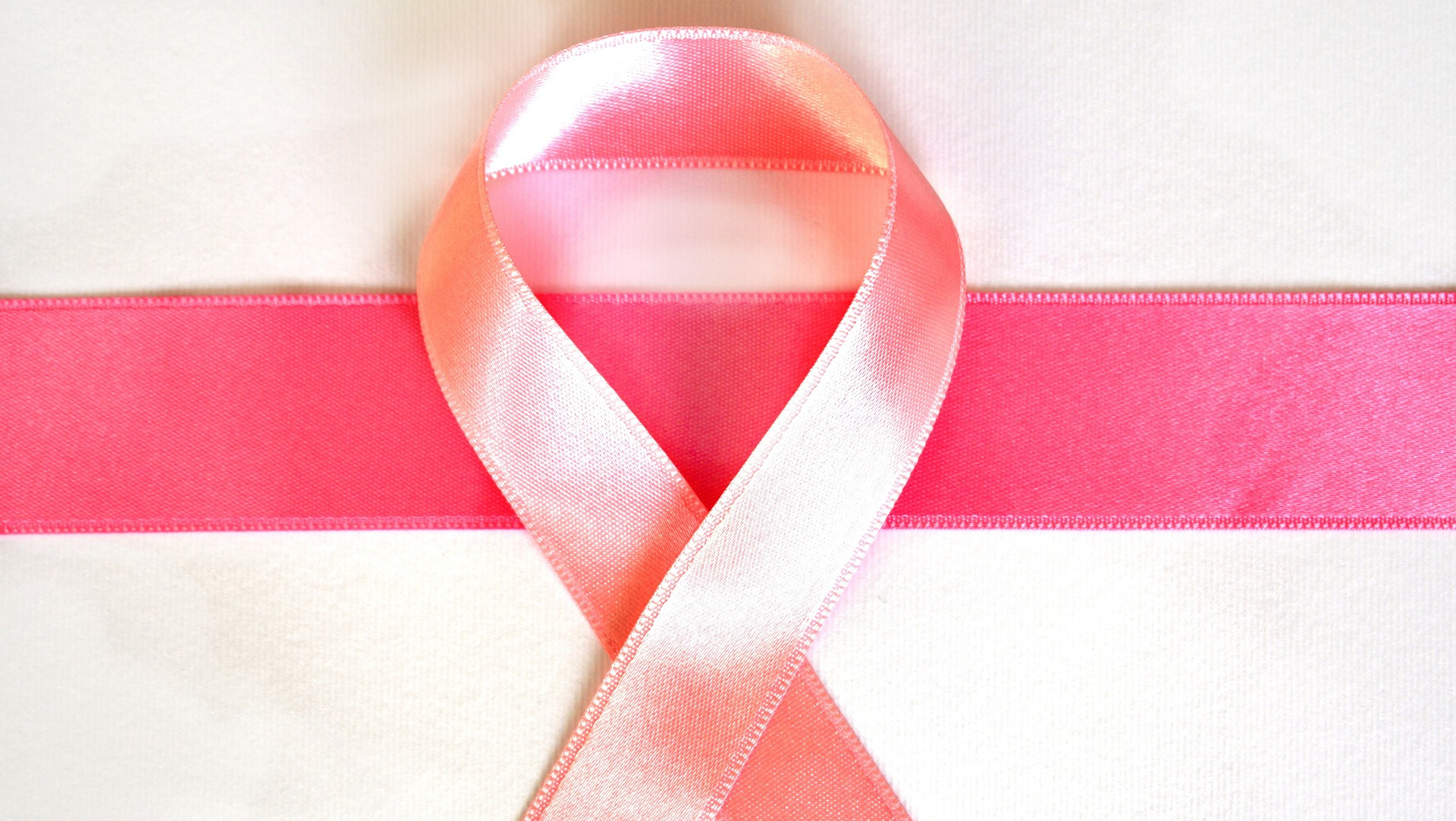Home Remedies for Breast Cancer: Supporting Health and Well-Being
Breast cancer is a challenging diagnosis that impacts individuals and their families deeply. While it requires professional medical treatment, certain natural remedies and lifestyle changes can support overall health, alleviate symptoms, and complement traditional therapies. Below, we outline effective home remedies and OTC options that may assist in managing symptoms and enhancing recovery during and after breast cancer treatment.
Understanding Breast Cancer
Breast cancer can occur in both women and men, though it predominantly affects women. Genetic predisposition, environmental factors, and lifestyle choices significantly influence its development. Treatment typically involves a combination of surgery, chemotherapy, radiation, and hormone therapy. Complementary approaches can support these treatments but should never replace them.
Warning Signs and When to Seek Medical Attention
While home remedies can support overall health, certain symptoms require immediate medical attention:
- Persistent pain or swelling
- Unexplained lumps or changes in breast appearance
- Severe fatigue
- Difficulty breathing
Always consult your healthcare provider for any concerns or questions about your treatment plan.
Natural Remedies and Supportive Approaches for Breast Cancer
While breast cancer requires professional medical treatment, incorporating natural remedies and lifestyle changes can complement traditional therapies and improve overall well-being. These supportive measures, from dietary adjustments, essential supplements, stress management, and gentle exercise, can make a significant difference during treatment and recovery. Always consult your healthcare provider before trying new remedies to ensure they align with your treatment plan.
Flaxseed
Flaxseed is rich in omega-3 fatty acids, lignans, and antioxidants, which may help inhibit the growth of breast cancer tumors. Studies suggest that lignans in flaxseed can reduce tumor growth and support overall health.
How to Use:
- Add ground flaxseed to smoothies, yogurt, or oatmeal.
- Mix flaxseed oil into salad dressings or juices.
Blueberries
Blueberries contain anthocyanins, powerful antioxidants that may prevent the spread of breast cancer cells. Their anti-inflammatory properties also help bolster immune function.
How to Use:
- Consume a handful of fresh blueberries daily.
- Blend into smoothies or add to cereal.
Fish Oil
Fish oil supplements are a rich source of omega-3 fatty acids, which may reduce breast cancer risk and alleviate inflammation.
How to Use:
- Take a high-quality fish oil supplement as directed on the label.
- Incorporate fatty fish like salmon and mackerel into your diet.
Turmeric
Curcumin, the active compound in turmeric, has anti-inflammatory and antioxidant properties that may help reduce the risk of hormone-related breast cancer.
How to Use:
- Add turmeric to curries, soups, or teas.
- Take a turmeric supplement, ensuring it includes black pepper to enhance absorption.
Garlic
Garlic contains sulfur compounds that exhibit anti-cancer properties. Regular consumption may help reduce cancer risk and support immune health.
How to Use:
- Include 1–2 raw or cooked garlic cloves in your daily meals.
- Take garlic supplements if fresh garlic is not preferred.
Vitamin D
Low levels of vitamin D are linked to an increased risk of breast cancer. Supplementing with vitamin D can support bone health and immune function.
How to Use:
- Take a daily vitamin D supplement (consult your doctor for dosage).
- Spend 10–15 minutes in sunlight daily to boost natural production.
Green Tea
Green tea is packed with catechins, powerful antioxidants. These may help slow cancer cell growth and support overall health.
How to Use:
- Drink 2–3 cups of green tea daily.
- Consider green tea supplements if you dislike the taste.
Acupuncture
Acupuncture is a complementary therapy that can help manage symptoms such as pain, fatigue, and nausea caused by cancer treatments.
How It Helps:
- Improves energy flow in the body.
- Reduces stress and promotes relaxation.
Stress Management
Chronic stress can weaken the immune system, making it harder to fight cancer. Incorporating stress-reduction techniques into daily life is crucial.
Techniques:
- Meditation
- Yoga
- Deep breathing exercises
- Counseling or therapy
Over-the-Counter (OTC) Remedies for Breast Cancer Symptoms
While OTC remedies cannot cure breast cancer, they can help manage side effects and improve quality of life during treatment.
Pain Relievers
OTC pain relievers like ibuprofen or acetaminophen can alleviate pain and inflammation associated with treatments.
Recommended Options:
- Tylenol (acetaminophen)
- Advil (ibuprofen)
Anti-Nausea Remedies
Nausea and vomiting are common side effects of chemotherapy.
Recommended Options:
- Ginger supplements or ginger tea
- OTC anti-nausea medications like Dramamine or Emetrol
Moisturizers for Radiation Burns
Radiation therapy can cause skin irritation and burns. Using a gentle, fragrance-free moisturizer can soothe the skin.
Recommended Options:
- Aquaphor Healing Ointment
- Cetaphil Moisturizing Cream
Supplements
Certain supplements may help reduce side effects and support overall health. Always consult your doctor before adding supplements to your routine.
Recommended Options:
- Probiotics for digestive health
- Magnesium for muscle cramps
- B-complex vitamins for energy support
Lifestyle Changes for Breast Cancer Support
Balanced Diet
A diet rich in fruits, vegetables, whole grains, and lean proteins can support the immune system and provide essential nutrients.
Key Foods:
- Leafy greens (spinach, kale)
- Cruciferous vegetables (broccoli, cauliflower)
- Berries and citrus fruits
Regular Exercise
Moderate exercise like walking or yoga can improve energy levels, reduce stress, and support overall well-being.
Hydration
Drinking plenty of water is essential, especially during treatments like chemotherapy, which can cause dehydration.
Sleep Hygiene
Getting adequate rest helps the body heal and recover.



